830-999-2783
Did you know that proper waste management is essential for a healthier environment?
In today's world, where environmental concerns are becoming increasingly prominent, it is crucial to address the issue of waste management. Did you know that proper waste management is essential for a healthier environment? Waste management involves the collection, transportation, processing, recycling, and disposal of waste materials in a way that minimizes its impact on the environment and human health. In this comprehensive article, we will explore the importance of proper waste management, the challenges it poses, and the various strategies and initiatives that can help create a sustainable future.
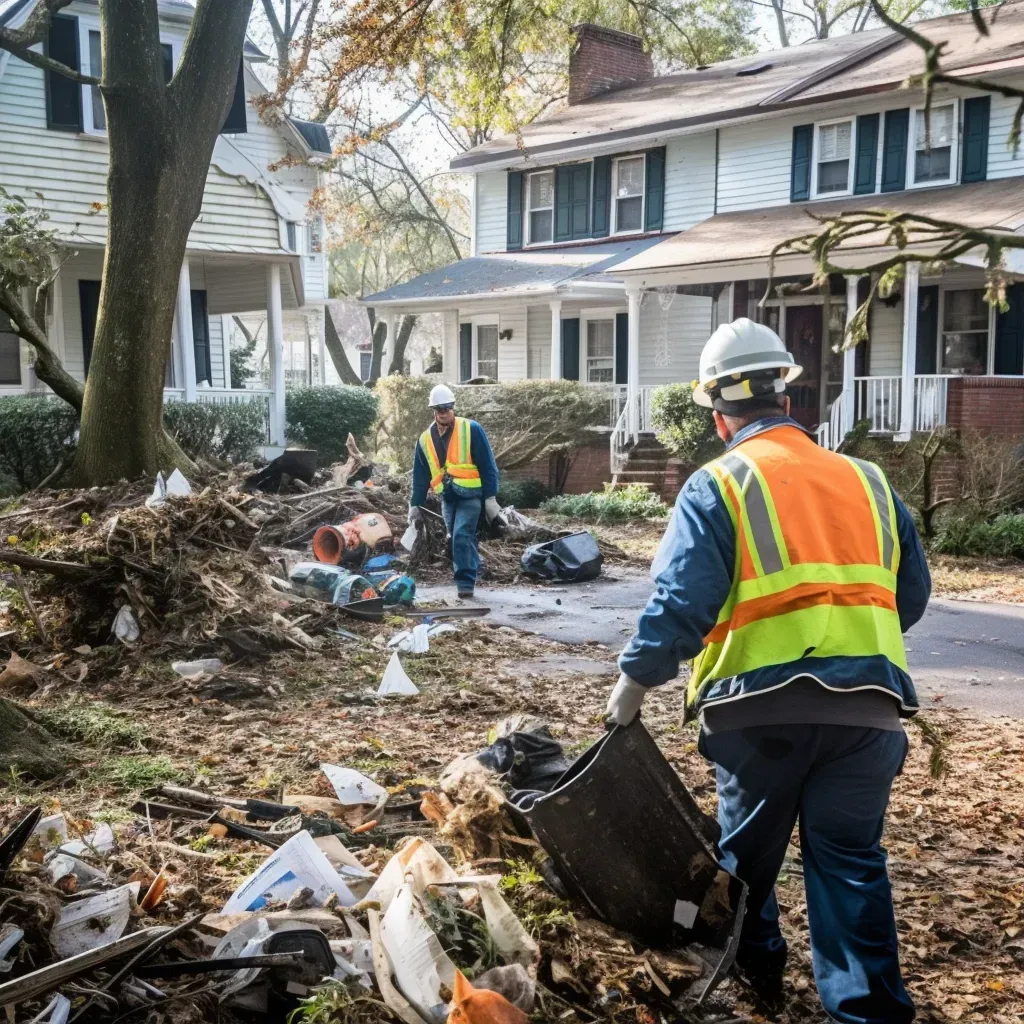
Waste Management Services
Floresville Waste Management provides comprehensive waste disposal solutions to meet the needs of both residential and commercial clients. Our reliable and efficient services help keep your property clean and clutter-free. Our key services include:
- Residential Trash Pick-Up: Enjoy hassle-free waste disposal with our regular residential trash pick-up service. We ensure timely and efficient collection of your household waste, keeping your home and neighborhood clean.
- Roll-Off Dumpster Rental: Perfect for construction projects, home renovations, and large cleanouts, our roll-off dumpster rental service offers convenient and flexible waste management solutions. We provide various sizes to suit your specific needs and ensure easy disposal of debris and large items.
- 8 Yard Dumpster: Our 8-yard dumpster service is ideal for medium-sized cleanups and commercial waste management. This dumpster size is perfect for handling larger volumes of waste without taking up too much space on your property.
Why is Waste Management Important?
Proper waste management plays a pivotal role in safeguarding the environment and preserving human health. Let's delve into some of the key reasons why waste management is essential:
Environmental Protection
Did you know that improper waste disposal can have severe consequences for the environment? When waste is not managed effectively, it can contaminate soil, water bodies, and even the air we breathe. Toxic substances from waste can seep into the ground, leading to soil pollution and posing risks to plant and animal life. By implementing proper waste management practices, we can minimize these environmental hazards and maintain the ecological balance.
Reduction of Greenhouse Gas Emissions
Proper waste management plays a significant role in reducing greenhouse gas emissions. When organic waste decomposes in landfills without adequate oxygen, it produces methane, a potent greenhouse gas that contributes to climate change. However, by implementing strategies like composting and anaerobic digestion, we can convert organic waste into valuable resources such as compost and biogas, thereby mitigating greenhouse gas emissions.
Resource Conservation and Circular Economy
Effective waste management enables the conservation of valuable resources. Many waste materials, such as paper, plastic, glass, and metals, can be recycled and reused in the manufacturing process. By adopting a circular economy approach, where waste is viewed as a resource, we can reduce the need for virgin materials, conserve natural resources, and minimize energy consumption and associated environmental impacts.
Protection of Human Health
Improper waste management can have detrimental effects on human health. Open dumping and burning of waste release toxic pollutants into the air, leading to respiratory issues and other health problems. By implementing proper waste management practices, we can prevent the spread of diseases, reduce exposure to harmful substances, and create a safer and healthier living environment for communities.
Aesthetics and Quality of Life
Proper waste management also contributes to the aesthetic appeal and overall quality of life in our communities. Trash-strewn streets, overflowing landfills, and polluted water bodies not only degrade the visual appeal but also impact our mental well-being. By keeping our surroundings clean and implementing efficient waste management systems, we can create a more pleasant and livable environment for everyone.
Challenges in Waste Management
While the benefits of proper waste management are clear, there are several challenges that need to be addressed to ensure its effective implementation. Let's explore some of these challenges:
Rapid Population Growth and Urbanization
With the global population rapidly increasing and urban areas expanding, the volume of waste generated is also on the rise. This puts immense pressure on existing waste management infrastructure, making it difficult to handle and dispose of waste adequately. As urbanization continues, it is crucial to develop sustainable waste management systems that can cope with the growing demand.
Lack of Infrastructure and Resources
Many regions, especially in developing countries, face a lack of adequate waste management infrastructure and resources. Insufficient waste collection systems, limited recycling facilities, and inadequate disposal methods hinder proper waste management. To overcome these challenges, governments and organizations must invest in building the necessary infrastructure and allocate sufficient resources to support effective waste management practices.
Limited Awareness and Education
A lack of awareness and education about the importance of waste management poses a significant challenge. Many individuals may not fully understand the environmental and health impacts of improper waste disposal or may not be aware of alternative waste management practices. By promoting awareness campaigns and providing educational programs, we can empower communities to actively participate in waste reduction and recycling efforts.
Economic Considerations
Implementing comprehensive waste management systems can be costly, especially for developing economies with limited financial resources. The investment required for infrastructure development, waste collection, and processing facilities may deter some regions from adopting effective waste management practices. However, it is essential to recognize that the long-term economic benefits, including resource conservation and reduced healthcare costs, outweigh the initial investment.
Global Cooperation and Policy Frameworks
Waste management is a global issue that requires collaboration and coordination among nations. In the absence of international agreements and policy frameworks, the movement of waste across borders can lead to illegal dumping and improper disposal practices. By establishing robust global cooperation mechanisms and enforcing stringent waste management regulations, we can work towards a cleaner and healthier planet.
Strategies for Effective Waste Management
Addressing the challenges in waste management requires the implementation of various strategies and initiatives. Let's explore some effective approaches to waste management:
1. Source Separation and Segregation
Source separation involves sorting waste at the point of generation, categorizing it into different streams such as organic waste, recyclables, and non-recyclables. Segregation ensures that each waste stream is properly handled and treated, enabling efficient recycling and disposal. Communities can promote source separation by providing separate waste bins for different waste streams and educating residents about the importance of sorting their waste.
2. Recycling and Resource Recovery
Recycling plays a crucial role in waste management, as it helps conserve resources and reduce the environmental impact of waste. Governments and organizations should establish robust recycling programs that encourage the separation and collection of recyclable materials. By setting up recycling centers and partnering with industries that utilize recycled materials, we can close the loop and promote a circular economy.
3. Composting and Organic Waste Management
Organic waste, such as food scraps and yard trimmings, constitutes a significant portion of the waste stream. Composting is a natural process that converts organic waste into nutrient-rich compost, which can be used as a soil amendment. Implementing composting programs at the community level and encouraging individuals to compost their food waste can significantly reduce the volume of waste sent to landfills.
4. Waste-to-Energy Conversion
Waste-to-energy technologies offer a sustainable solution for managing non-recyclable waste. Through processes like incineration and anaerobic digestion, waste materials are converted into energy in the form of electricity or heat. These technologies not only help reduce the volume of waste but also contribute to renewable energy generation, thus promoting a greener future.
5. Landfill Management and Remediation
Landfills, when not properly managed, can pose significant environmental and health risks. It is crucial to implement effective landfill management practices, including proper lining, leachate collection, and gas extraction systems. Furthermore, remediating old and poorly managed landfills can help minimize their long-term environmental impact.
6. Extended Producer Responsibility (EPR)
Extended Producer Responsibility is a policy approach that holds manufacturers accountable for the entire life cycle of their products, including their post-consumer waste. By implementing EPR programs, producers are incentivized to design products that are easier to recycle and manage at the end of their useful life. This approach promotes sustainable product design, reduces waste generation, and encourages responsible disposal.
FAQs about Waste Management
Q1: What are the different types of waste?
A1: Waste can be categorized into several types, including municipal solid waste (household waste), hazardous waste, industrial waste, construction and demolition waste, electronic waste (e-waste), and biomedical waste.
Q2: How does recycling contribute to waste reduction?
A2: Recycling involves the conversion of waste materials into new products. By recycling, we can reduce the need for raw materials, conserve resources, save energy, and minimize waste sent to landfills.
Q3: Are landfills harmful to the environment?
A3: Improperly managed landfills can release harmful substances into the environment, such as leachate (liquid waste) and methane gas. However, with proper landfill management practices, including liners and gas collection systems, their environmental impact can be significantly reduced.
Q4: What is the role of individuals in waste management?
A4: Individuals play a crucial role in waste management. By practicing source separation, recycling, and composting at the household level, individuals can minimize waste generation and promote sustainable waste management practices.
Q5: How can governments encourage proper waste management?
A5: Governments can encourage proper waste management by implementing policies and regulations that promote recycling, waste reduction, and responsible disposal. They can also provide financial incentives and support infrastructure development for effective waste management systems.
Q6: Can waste management contribute to a greener economy?
A6: Absolutely! Proper waste management can contribute to a greener economy by creating job opportunities in recycling and resource recovery sectors, promoting renewable energy generation from waste, and reducing the overall environmental impact of waste disposal.
Conclusion
In conclusion, proper waste management is undeniably essential for a healthier environment. By addressing the challenges, implementing effective strategies, and promoting awareness and education, we can create a sustainable future. From source separation and recycling to composting and waste-to-energy conversion, every individual and organization has a role to play in managing waste responsibly. Let's embrace the concept of waste management as a collective responsibility and work towards building a cleaner and greener planet for future generations.


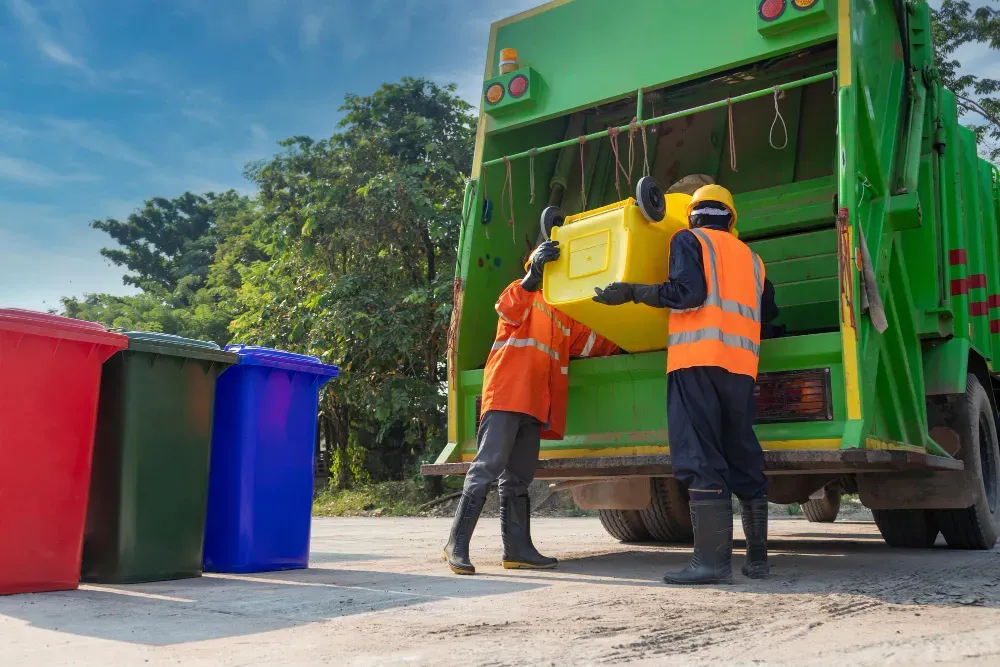
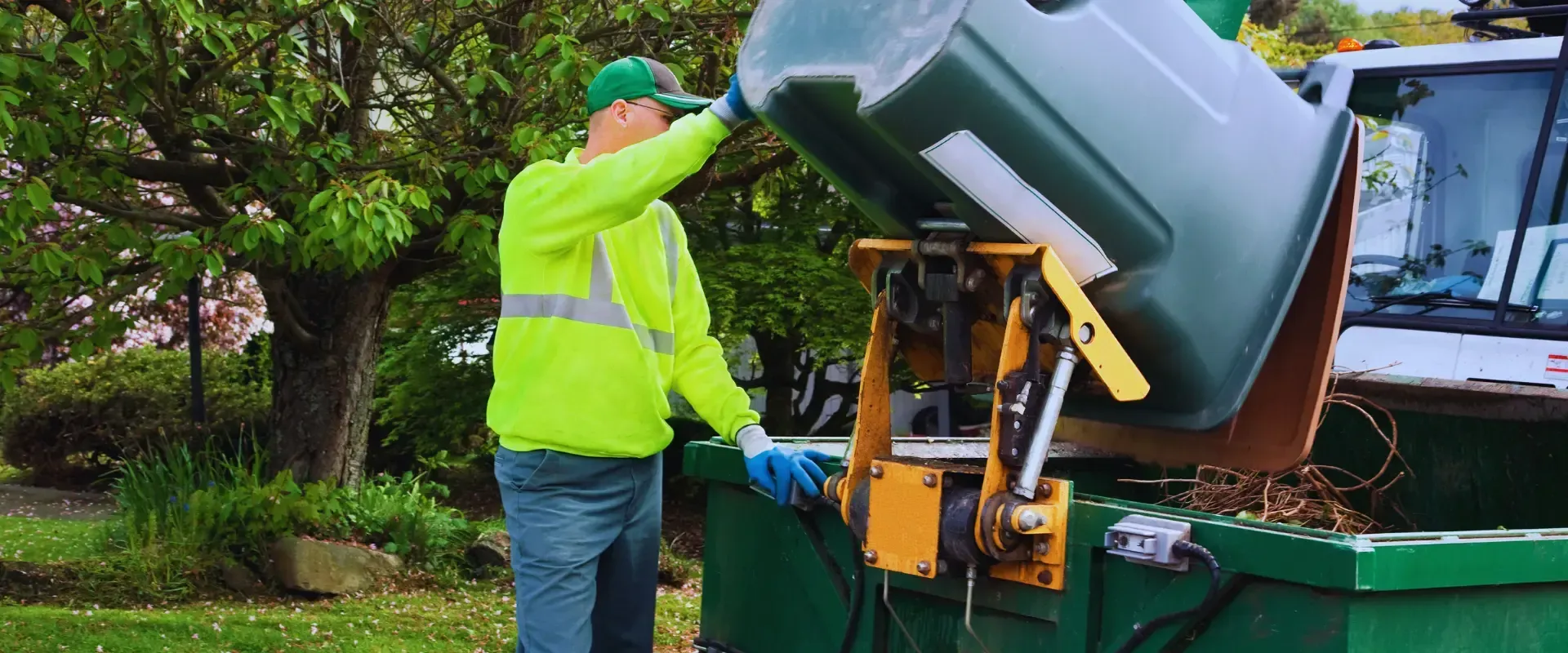
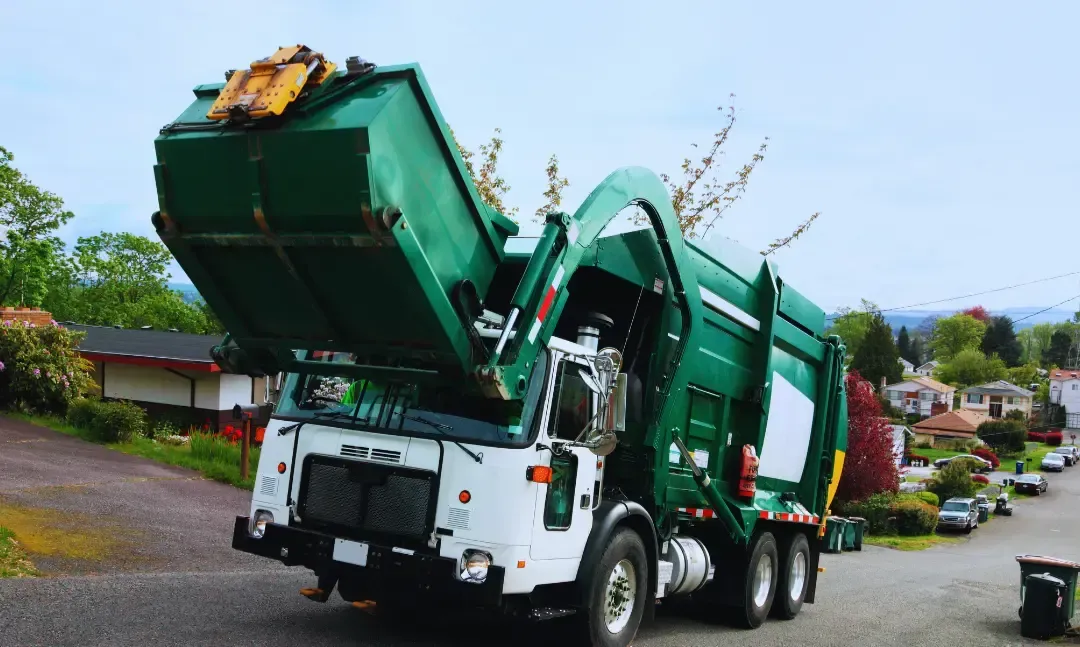
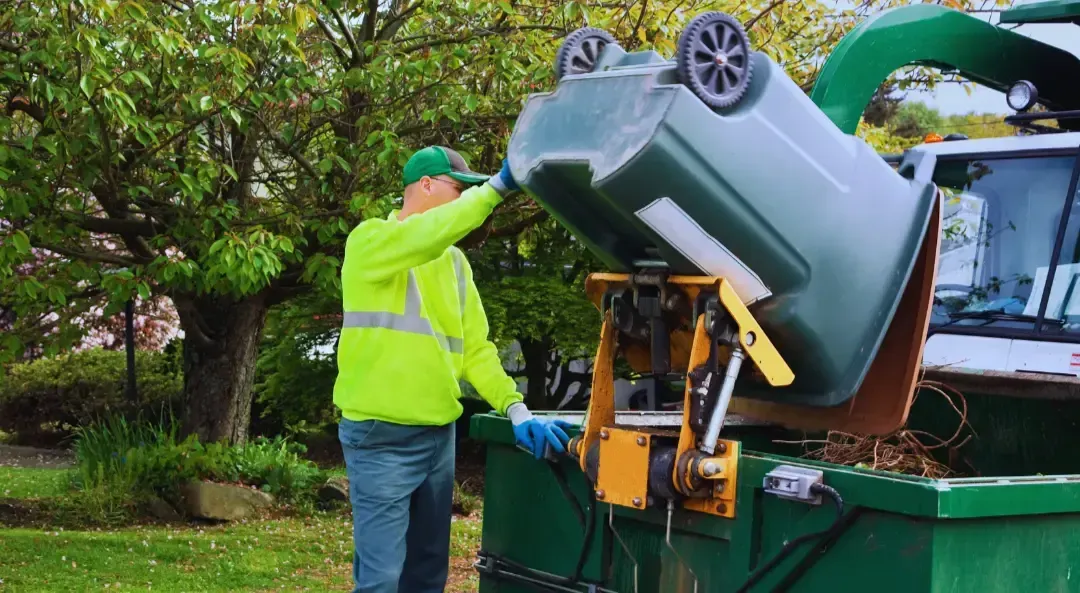
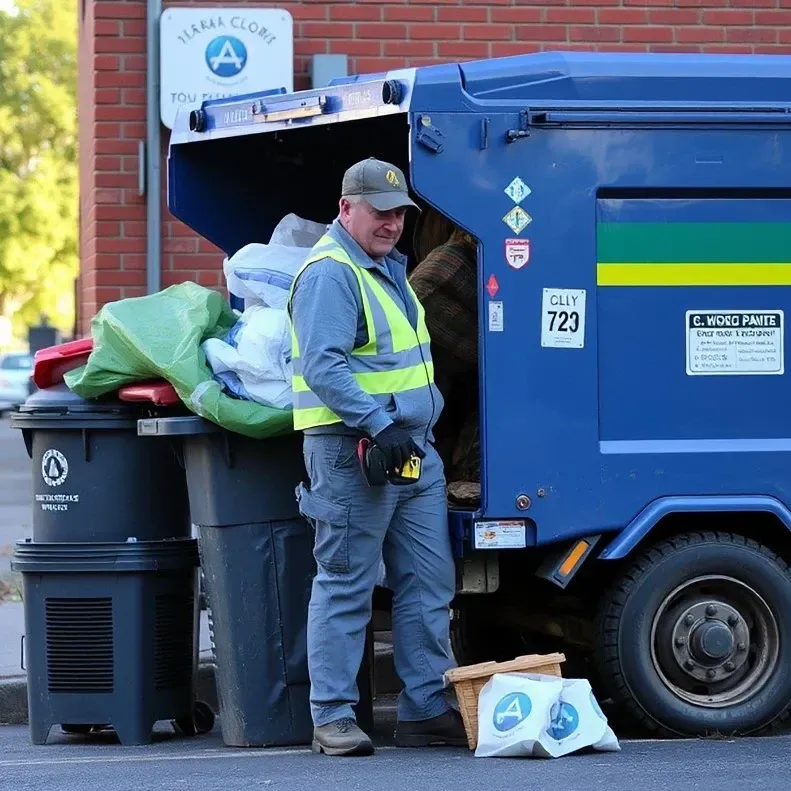

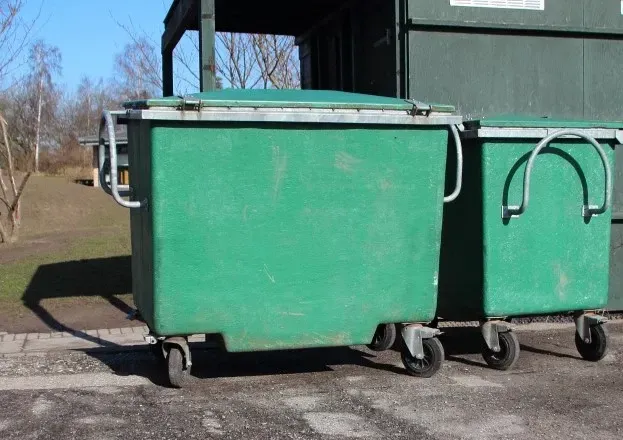
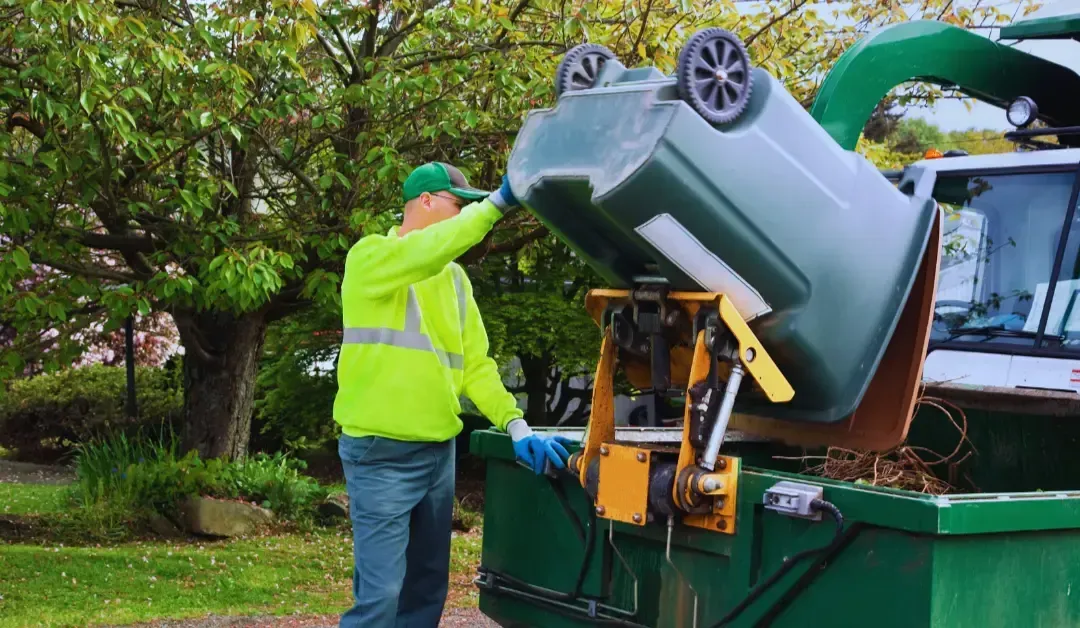
Floresville Waste Management
In the waste management niche, we are dedicated to delivering exceptional service and ensuring your satisfaction with the results. Our team takes great pride in our workmanship and guarantees that you will be pleased with the outcomes of our efforts. Additionally, all our services come with a 100% satisfaction guarantee. If you are not completely satisfied, we will gladly refund your money. We are committed to providing you with top-quality service and exceeding your expectations in the waste management industry.
All Rights Reserved | Floresville Waste Management
Company Info
Phone Number:
830-999-2783

